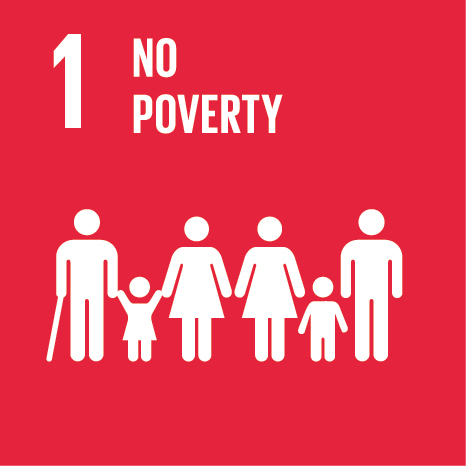Ciência_Iscte
Publications
Publication Detailed Description
Does early family risk and current quality of care predict indiscriminate social behavior in institutionalized Portuguese children?
Journal Title
Attachment and Human Development
Year (definitive publication)
2014
Language
English
Country
United Kingdom
More Information
Web of Science®
Scopus
Google Scholar
This publication is not indexed in Overton
Abstract
The current study extends research on the effects of institutionalization, most notably by evaluating the influence of proximal relationship processes over and above prenatal and pre-institutional family experiences. By focusing on current quality of institutional care and the child’s early family background, it examines the influence of variations in the institutionalization experience on displays of indiscriminate social behavior , after taking into account potentially confounding pre-admission experiences. Seventy-four Portuguese children (11-30 months) placed in 17 residential institutions and their primary caregivers participated in the study. Children’s displays of indiscriminate social behavior were assessed based on an observational measure and a semi-structured interview administered to the child’s caregiver. Data on children’s physical and mental development were also collected. Three contextual-risk composites of early family behavior - prenatal, family relational, and emotional-neglect - were created. The quality of institutional care was examined in terms of structural, relational characteristics, and, additionally, of the quality of child-caregiver relationship. Current quality of care experienced in the institution, operationalized in terms of the absence (vs. presence) of a preferred caregiver, predicted indiscriminate social behavior over and above prenatal and family risk conditions that preceded the child’s institutionalization.
Acknowledgements
--
Keywords
Family risk,Indiscriminate social behavior,Quality of relational care,Institutional rearing,Reactive attachment disorder
Fields of Science and Technology Classification
- Psychology - Social Sciences
Contributions to the Sustainable Development Goals of the United Nations
With the objective to increase the research activity directed towards the achievement of the United Nations 2030 Sustainable Development Goals, the possibility of associating scientific publications with the Sustainable Development Goals is now available in Ciência_Iscte. These are the Sustainable Development Goals identified by the author(s) for this publication. For more detailed information on the Sustainable Development Goals, click here.

 Português
Português



